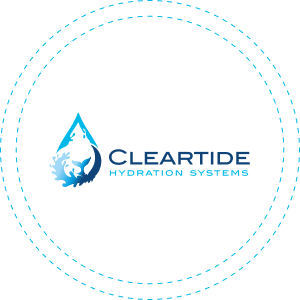Hydration is often overlooked when it comes to children's cognitive development, yet it's a vital factor that directly impacts their ability to perform in school and everyday tasks. In a world where academic performance is highly valued, could something as simple as drinking water be the key to unlocking a child’s potential? The systematic review titled Hydration and Cognitive Task Performance in Children: A Systematic Review, published in the Journal of Cognitive Medicine by Jawaher A. Almalki, Savanna N. Knight, and E. O'Neal, sheds light on this important topic.
Why Is Hydration Important for Children?
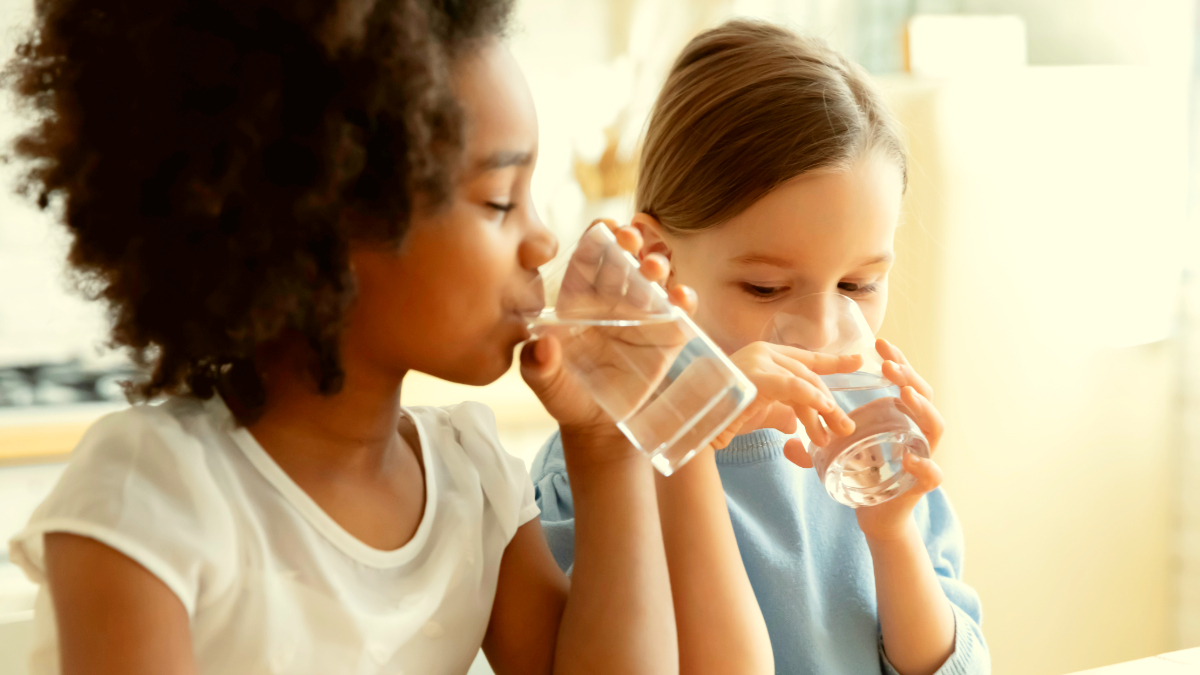
While adults have a growing body of research showing the effects of hydration on cognitive performance, children's hydration needs remain underexplored. This article addresses a key gap in research: the physiological and sociological challenges children face with hydration. Could it be that children’s fluid needs during academic tasks are different from those of adults? The evidence suggests this might be the case.
The Connection Between Hydration and Academic Success
It’s no secret that parents and educators are always searching for ways to enhance children's academic performance. But how often do we consider hydration as part of that equation? Water is essential for brain function, and studies suggest that a well-hydrated child can perform better in attention-heavy tasks. Could it be that a simple glass of water before a test or challenging class could make all the difference? This possibility is something worth considering for parents and teachers alike.
Hydration and Cognitive Function in Children: What Does the Research Say?
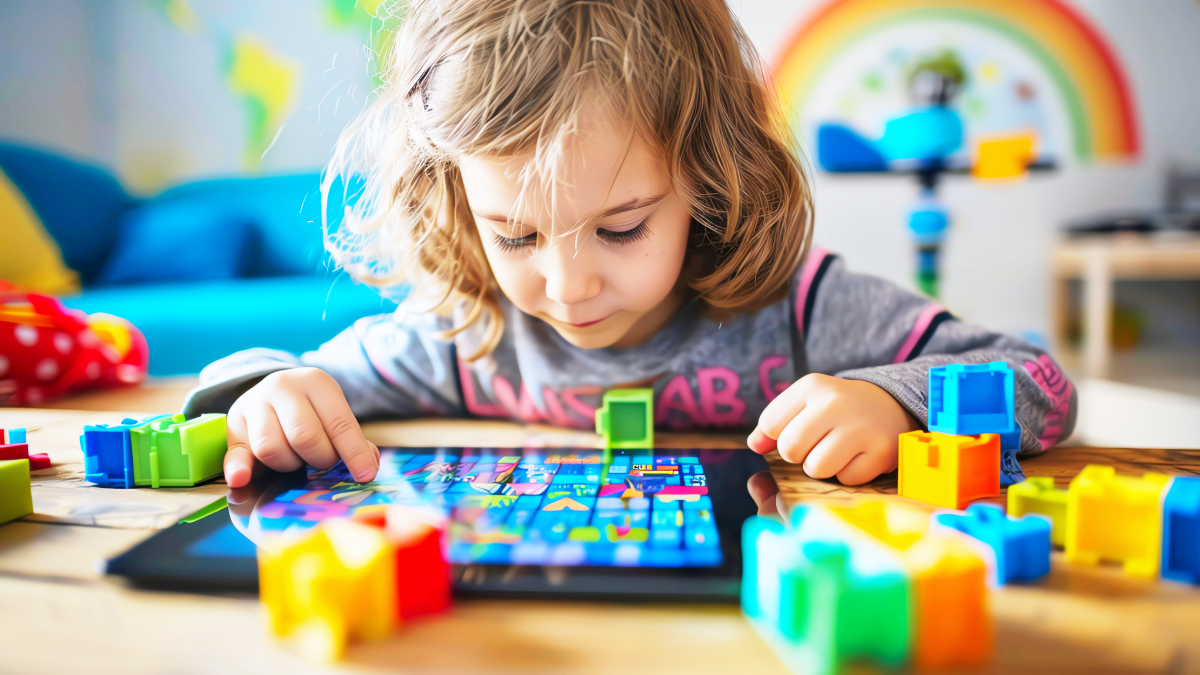
The systematic review analyzed 14 studies in which fluid intake was manipulated or hydration status was measured among children under the age of 18. Interestingly, none of these studies altered hydration through sweat loss, focusing instead on hydration through fluid intake in non-exercise conditions—such as in schools, where most studies were conducted.
Acute Fluid Intake Interventions
But what did they find? The studies highlighted three major types of hydration interventions:
- Acute Fluid Intake Interventions: Studies where children consumed fluids just before cognitive tasks.
- Extended Fluid Intake Changes: Studies that aimed to change hydration over longer periods.
- Comparisons Based on Hydration Status: Studies comparing cognitive function based on measured hydration levels or self-reported fluid intake.
How Much Water Should Children Drink Daily?
While it's clear that hydration benefits cognitive function, how much water should children be consuming on a daily basis? The general recommendation for children varies by age, but it’s often advised that school-age children drink between 5 to 8 cups of water per day. However, these numbers can change based on the child’s activity level and environmental conditions. Is your child drinking enough water to support their mental and physical development?
Does Drinking Water Improve Cognitive Performance?
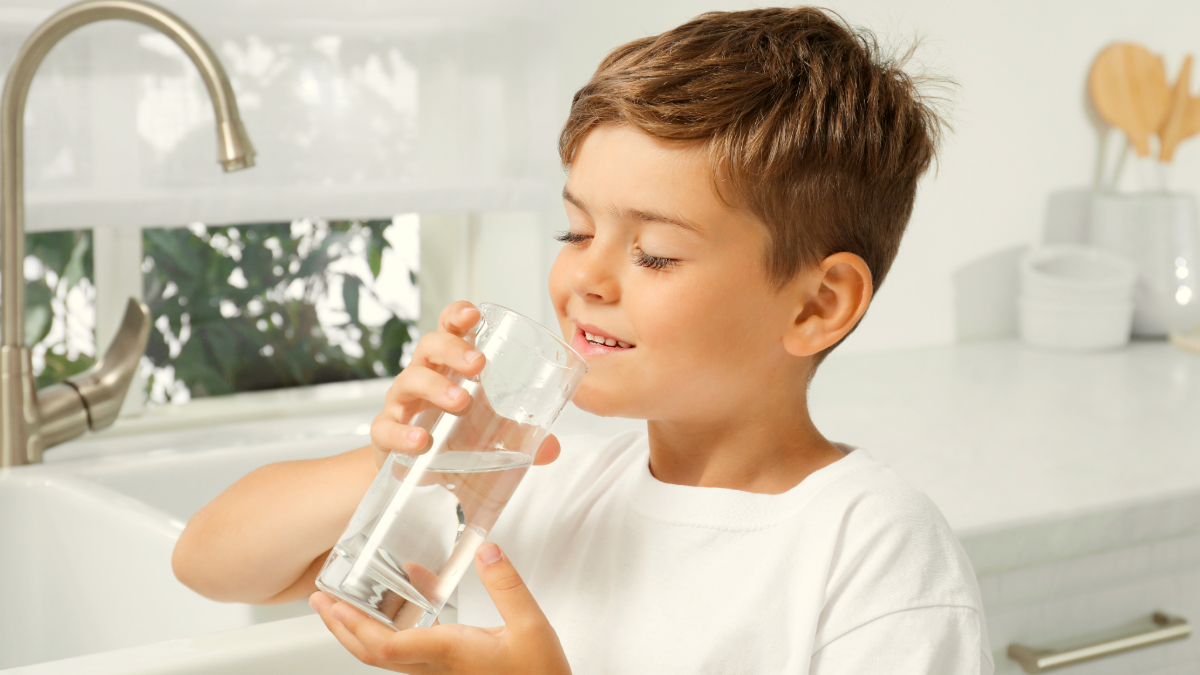
The only intervention that consistently led to improved cognitive performance in children was acute fluid consumption. Specifically, encouraging children to drink about 250 ml (roughly one cup) of water 20–60 minutes before tackling academically challenging tasks improved their cognitive function. But why? Is there something special about this 20–60 minute window that primes the brain for peak performance?
How Does Hydration Affect Cognitive Abilities?
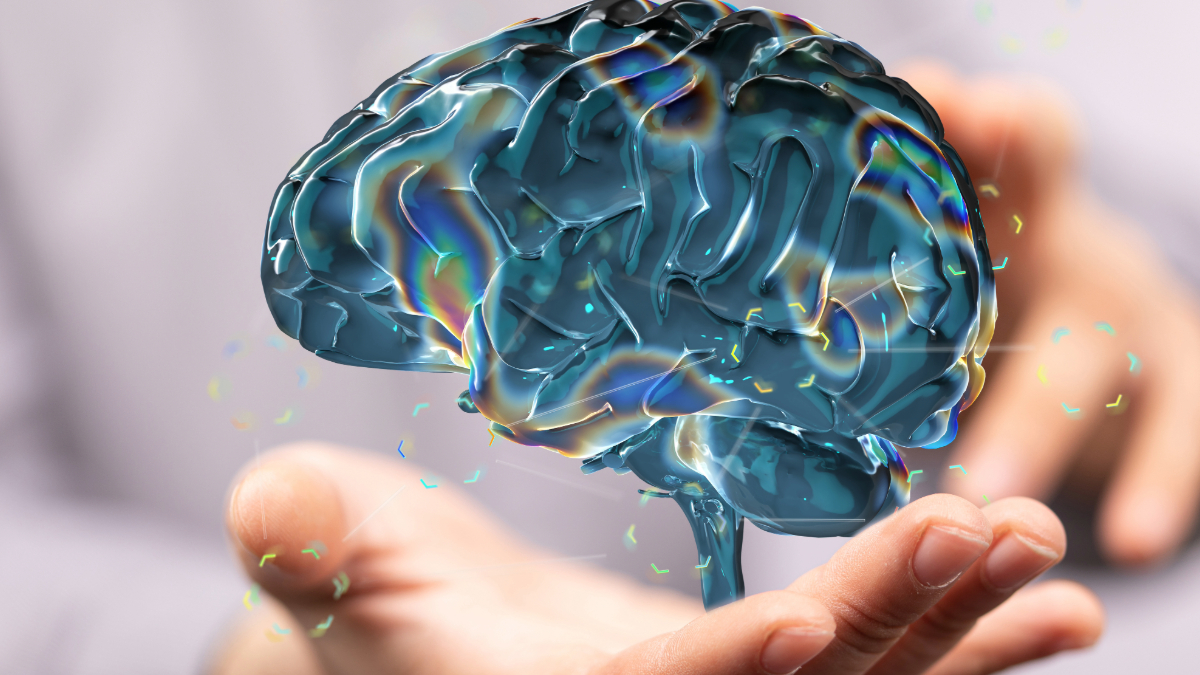
The review raises a number of intriguing questions. Could acute hydration impact the way children process information, retain knowledge, or solve problems? Is the brain's response to hydration in children fundamentally different from that in adults? These are just some of the questions that researchers are beginning to explore. What is clear is that the short-term effects of drinking water—particularly before cognitively demanding tasks—are positive. However, the longer-term impact of hydration and how it shapes children's overall academic performance remains unclear.
Hydration Strategies for Schools
Given that most of the studies in this review were conducted in schools, it’s crucial for educational institutions to consider hydration strategies. Are schools doing enough to encourage regular water consumption? Schools can implement hydration programs that encourage students to carry water bottles and take hydration breaks. Simple measures like providing access to clean, fresh water could have a positive impact on cognitive performance across the board.
Bridging the Research Gap: What’s Next?

While this review offers a strong starting point, it also highlights significant gaps in our understanding. There is still much to learn about how hydration specifically affects different cognitive functions in children versus adults. More research is needed to investigate whether fluid intake can consistently improve routine academic tasks, or if its benefits are limited to more cognitively demanding activities.
The review points out that many studies included variables like IQ or socioeconomic status, which can confound the relationship between hydration and cognitive performance. As a result, direct comparisons of raw cognitive scores across different hydration conditions were rare, limiting the ability to draw firm conclusions. So, what’s the next step? The authors encourage further research to explore the mechanisms behind hydration’s effects and to isolate the role of fluid intake from other influential factors.
The Role of Parents in Hydration Habits
Parents also play a crucial role in ensuring their children stay hydrated. Could daily habits at home impact a child’s performance in the classroom? By encouraging water consumption at breakfast, packing water bottles for school, and offering water instead of sugary drinks, parents can help build long-lasting hydration habits that benefit both physical and mental performance. What hydration habits are you instilling in your child’s daily routine?
Practical Implications for Parents and Educators
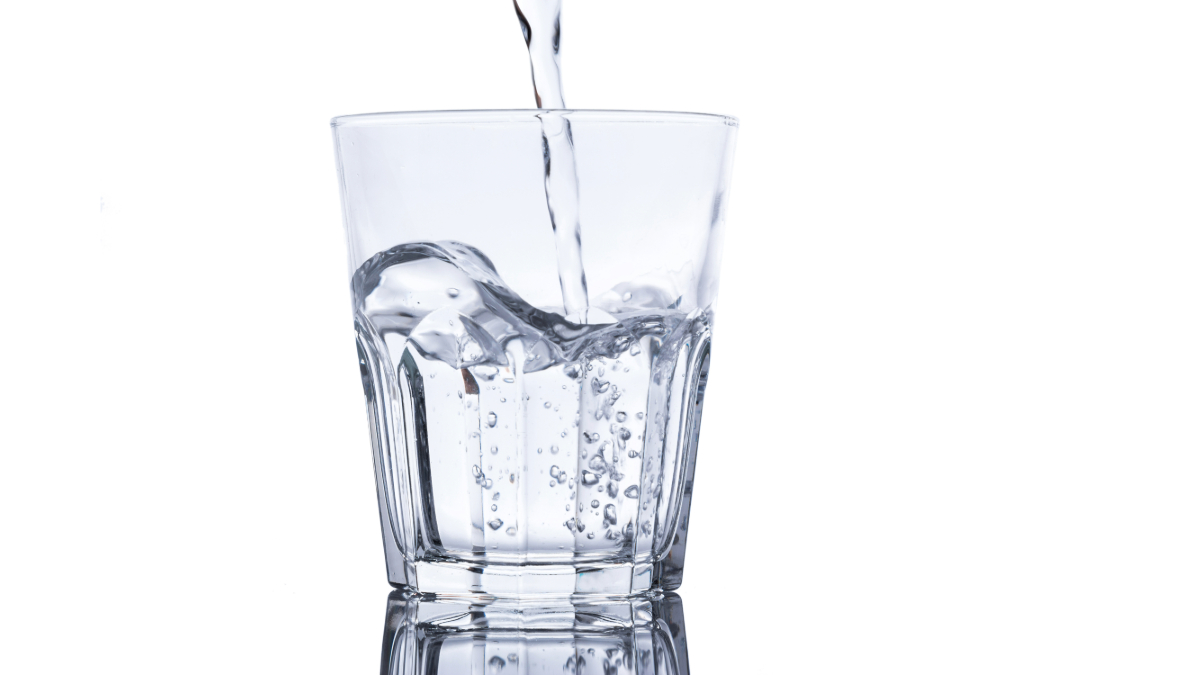
What does this all mean for parents, teachers, and anyone invested in children’s academic success? Encouraging children to drink water before school and during breaks might just give them the cognitive boost they need to excel. The takeaway from this research is clear: hydration isn’t just about physical health—it’s about mental performance, too.
Conclusion: A Hydration Solution You Can Count On
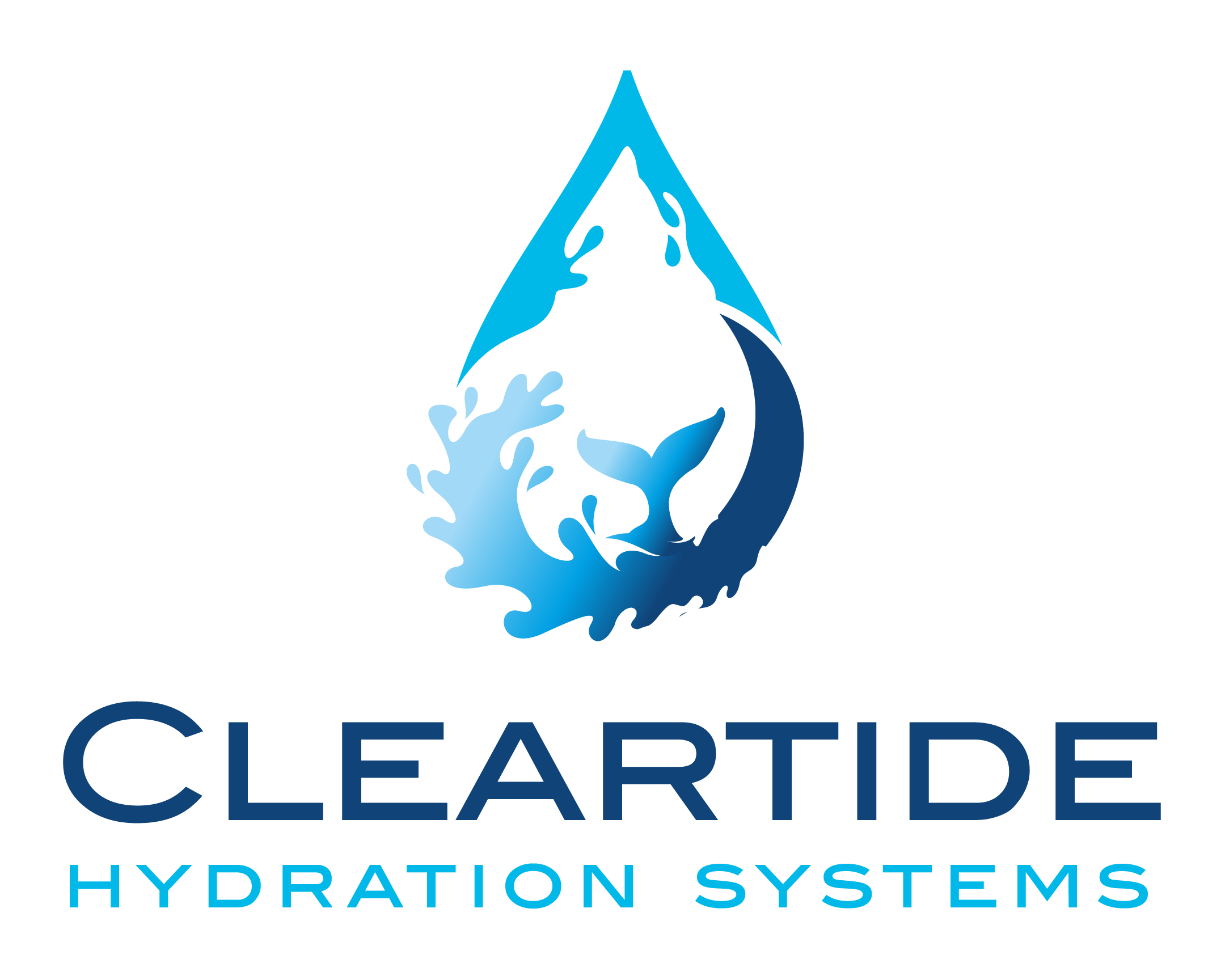
While the research is still evolving, the evidence thus far suggests that making sure children drink water before they take on challenging academic tasks could be a simple yet powerful way to help them succeed. And when thinking about hydration solutions, businesses like Cleartide Hydration Systems offer innovative, bottleless water solutions that could make it even easier to keep children hydrated in schools and homes alike. Investing in hydration might just be an investment in better cognitive performance for the next generation.
This article is based on the publication "Hydration and Cognitive Task Performance in Children: A Systematic Review" by Jawaher A. Almalki, Savanna N. Knight, and E. O'Neal, published in the Journal of Cognitive Medicine on 30 July 2022
